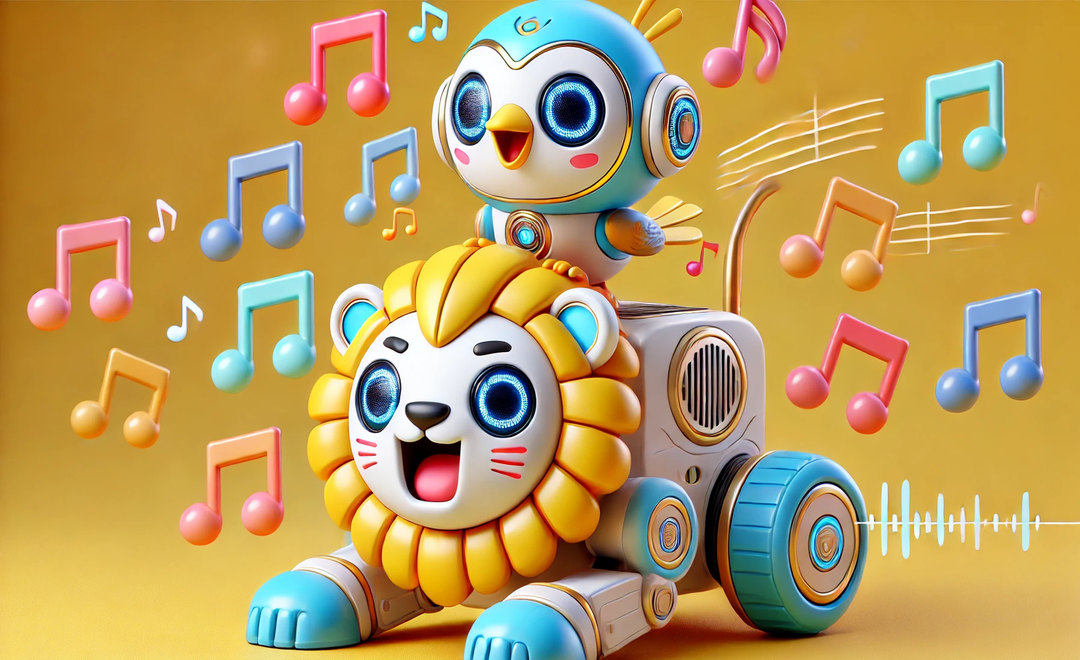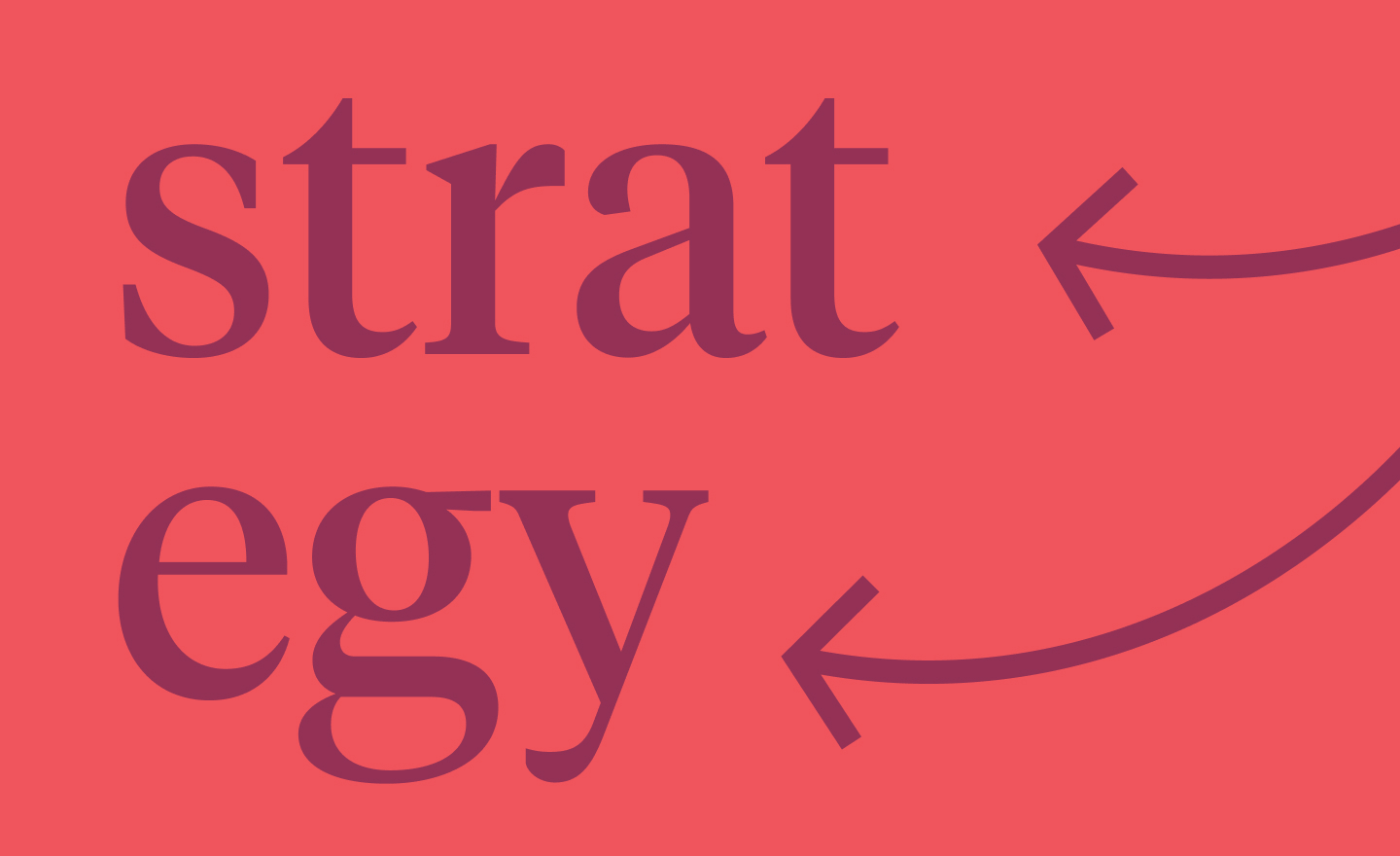Empathetic marketers, take note.

Recently, neurologists have begun studying the effect of storytelling on the brain. Dr. Uri Hasson of Princeton University performed a study to observe mirror neurons (neurons that fire both when someone acts and when someone observes the same action performed by another). Dr. Hassan chose to observe the neurons at work, not in an observer, but in someone listening to a story. He found, first, that those same neurons began to fire in both the brains of the listener and storyteller. But as he observed, he found that those same neurons in the listener not only caught up with those of the storyteller, but actually began to anticipate, as though they knew what would happen next. He tried with different stories and different listeners and found that the better the story, the easier those neurons would catch on. They now no longer just mirrored —they foretold!
What can we deduce from this? Well, it seems we possess a shared language—a language of storytelling—that transcends neurology or psychology. Our minds are already wired to a story structure. What does that mean? What might it mean for the future of communication? We’ve all seen children sitting with eyes wide, as if spellbound, listening to a story. We have ourselves been engrossed in a book, or film and not noticed the time fly by. We are so easily “hooked” by a good story. Perhaps it is because before we even develop a mother tongue, we are already hardwired with a primal, internal one.
And so back to empathy. Empathy is proof of one more commonality between us all: that, at the core, we speak the same language. If we wish to communicate fully, on the deepest level, it would make sense to use a universal language. Storytelling appears to be the original communications tool. It might just be the best one for the future.



